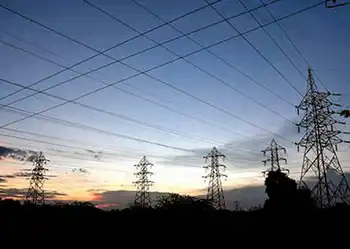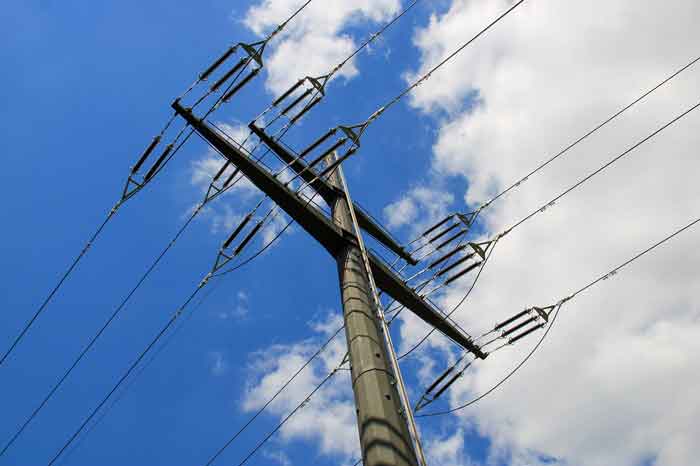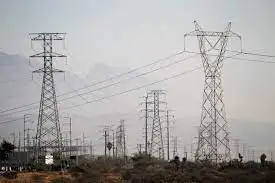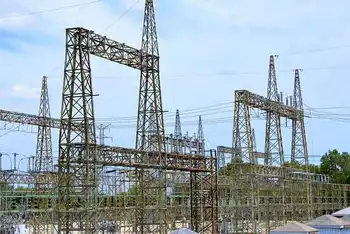IESO wants grid to smarten up
By Toronto Star
High Voltage Maintenance Training Online
Our customized live online or in‑person group training can be delivered to your staff at your location.

- Live Online
- 12 hours Instructor-led
- Group Training Available
Paul Murphy, chief executive officer of the Independent Electricity System Operator, the agency that manages the flow of megawatts in the province, is expected to announce today – on the heals of Earth Hour – the creation of an industry-led group to lay out of vision for modernizing Ontario's aging electricity system.
"We have some catching up to do," said Murphy, explaining that the deployment of smart meters across Ontario, while a pioneering move in North America, is only a first step toward creating a truly "smart grid" in the province.
"Overall the industry needs to be thinking about this, because there are some big benefits that could accrue from the more intelligent use of our delivery system.
"If we can do it in a more co-ordinated fashion, we'll be better able to take advantage of the opportunities that this developing technology presents."
A smart grid is an electricity system that uses software, two-way communications and automation to manage the flow of electricity more efficiently – from power generation, through transmission and distribution lines, and all the way into homes and businesses.
Ontario, in its 20-year power system plan, has placed high priority on building new electricity generation based on nuclear, natural gas and renewable energy, but industry experts say that making the grid smarter would let the province get by on less generation by using what we have more efficiently and better targeting conservation.
"Over the past year there's been a huge awareness of what's going on with the smart grid," said Daniel Ripchensky, vice-president of business development at Current Group LLC, a smart-grid technology supplier based in Maryland.
Ripchensky, a former resident of Toronto, attended a smart-grid conference in the city last week and was encouraged by what he considered more enlightened discussion.
"It was said many times over that the smart grid isn't smart meters, and smart meters aren't the smart grid."
In many ways a smart grid is like an Internet for energy distribution, but instead of moving data, the computers and software in the background of a smart grid manage the flow of electrons from the point of generation to the point of consumption.
A smart meter is only one piece on the edge the puzzle – like a laptop connected to a network of high-power computer servers that collectively form the Internet.
The result is a grid that can automatically heal itself, defend from outside attack, communicate with customers and appliances, and balance the flow of power coming from thousands of different generation sources – from massive nuclear and hydroelectric plants to the smallest solar or wind systems.
The industry group Murphy is assembling will at first be small, consisting of representatives from Toronto Hydro, Hydro Ottawa, Hydro One and Burlington Hydro. The plan is to expand the group to promote a collaborative dialogue across the industry.
"The small group will scope out what we're going to try to cover, who we should invite into this forum, and what we'll produce at the end of it," said Murphy, adding that one goal is to come to a common understanding of what a smart grid should be, its benefits and how to move forward.
The group will look at the need for policy changes, identify investment and technology barriers, and explore other issues likely to influence the pace of smart-grid development in Ontario, he said.
Ripchensky said his discussions with various utilities revealed how many of them have been caught off-guard by calls for a more intelligent grid.
"Investment decisions made three or five years ago wouldn't necessarily be decisions made today based on the information they now have in hand," said Ripchensky. "That's how fast things have changed."











